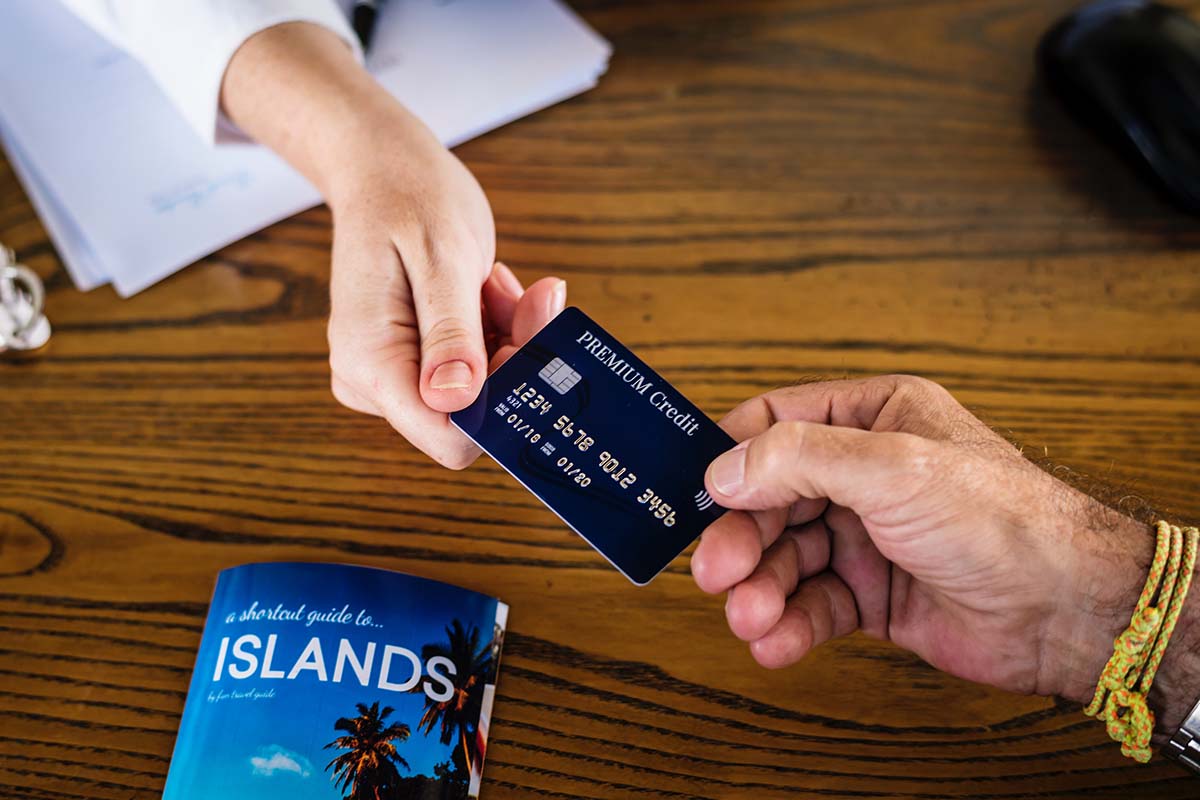Up-Front Fees and Other Tips for Debt Settlement Success
If it seems more common nowadays to have debt than not, you’re not imagining it. More than 40 percent of U.S. households carry some degree of credit card debt. Households with an outstanding credit card balance owe, on average, $9,333.
This is just one peek into the increasing role debt plays in people’s finances and lives. If you’re facing a severe debt load, you’ve probably explored your options for eliminating it. No doubt you’ve come across the concept of debt settlement.
Like most things in life, this strategy can be a success or a failure—the outcome depends on factors like being a good fit for a given program and sticking with it through completion.
Success also hinges on choosing a reputable debt settlement partner immediately. You’re looking for a program with a proven track record of results. Unfortunately, there are scammers and unscrupulous businesses out there looking to take advantage of vulnerable Americans looking to get their financial life back on track.
But there are also programs that could legitimately help people settle their debts for less using negotiation in an attempt to reach favorable agreements with creditors.
The result? Enrollees can pay off debts for less than their original balance, sometimes a lot less. The trick is discerning between the former and latter, so you choose the right path toward debt settlement success. Then you can move full speed ahead toward your goals.
Above All, Avoid Up-Front Fees
A good rule of thumb when it comes to assessing debt settlement offerings? Always avoid up-front fees. Consider it a major red flag when an organization asks you to pay a fee before they’ve settled your debts. The Federal Trade Commission (FTC) issued an “advance fee ban” in 2010 meant to protect consumers. This rule states for-profit debt settlement companies can’t collect fees until:
- The service renegotiates, settles, reduces, or otherwise changes the terms of at least one debt;
- The consumer has signed a written settlement agreement; and
- The consumer has made at least one payment to the creditor as the result of that agreement negotiated by the debt relief organization.
To honor this rule, reputable debt relief programs changed how they did business. Financial expert and CEO Andrew Housser recall how the organization he co-founded, Freedom Debt Relief, happily changed its business model to abide by these new regulations.
Instead of paying a monthly fee from the start, now Freedom Debt Relief enrollees are only charged a fee after the company successfully settled a debt. Housser calls this development “the best thing that ever happened” to legitimate companies like Freedom Debt Relief because “it cleaned out most of the knuckleheads from our industry.”
Reputable companies with their client’s best interests in mind stopped charging fees upfront. Any company that’s still operating on set monthly fees rather than a percentage of each successful settlement is not trustworthy.
Demand Clear Terms and Info Before Enrolling
The same legislation “requires debt relief companies to give prospective customers the scoop before signing them up for their services.” Every reputable organization will have no problem offering detailed information about what to expect.
They will be open about possible positive and negative outcomes. They will avoid deceptive or too-good-to-be-true claims about what their programs can do for you.
Finding a reputable program that works for your budget and lifestyle is the only way to achieve debt settlement success. Then it’s up to you to stick with it for as long as it takes to achieve true debt relief.





















